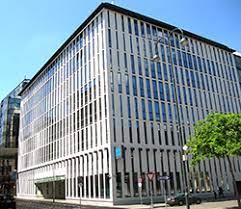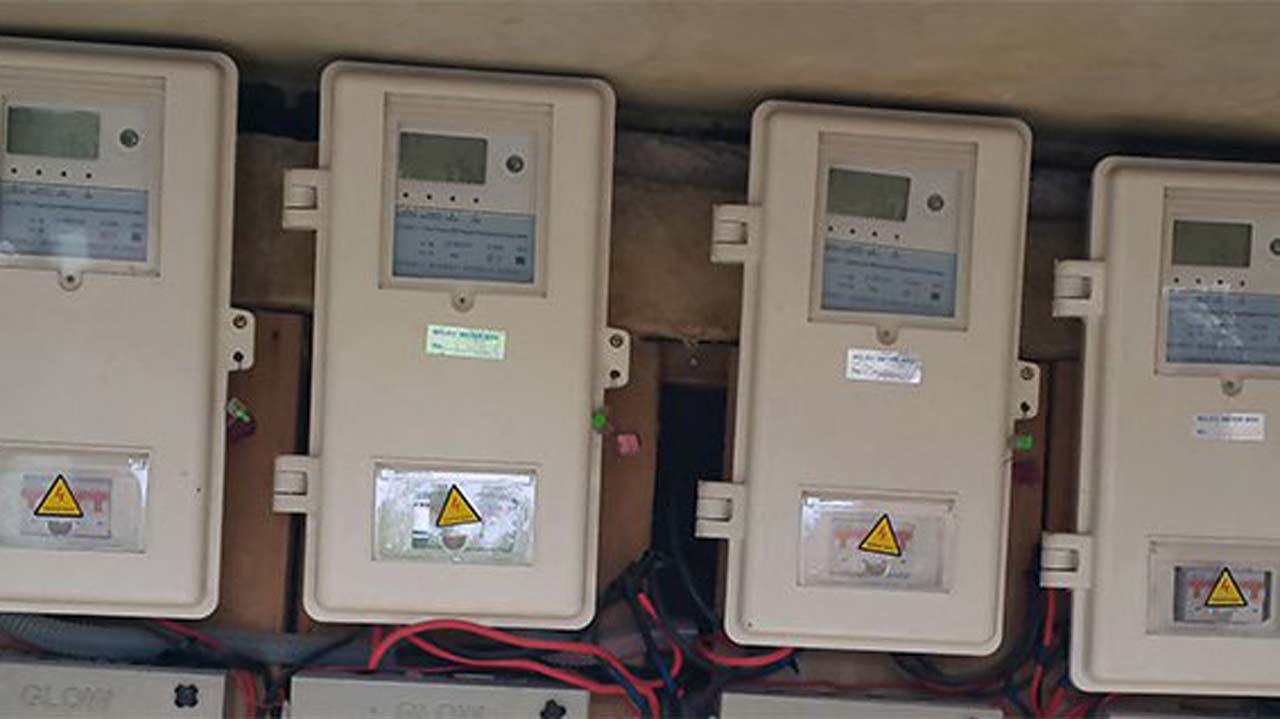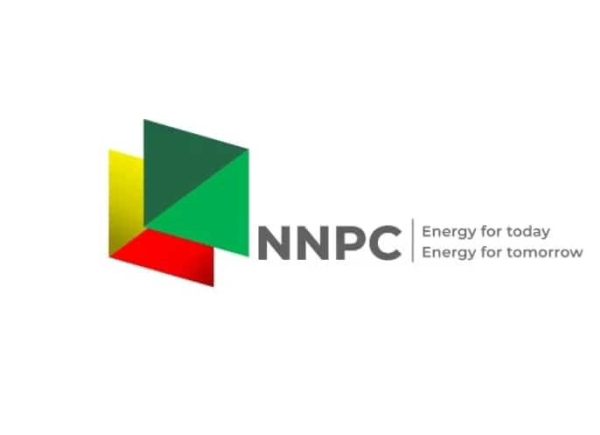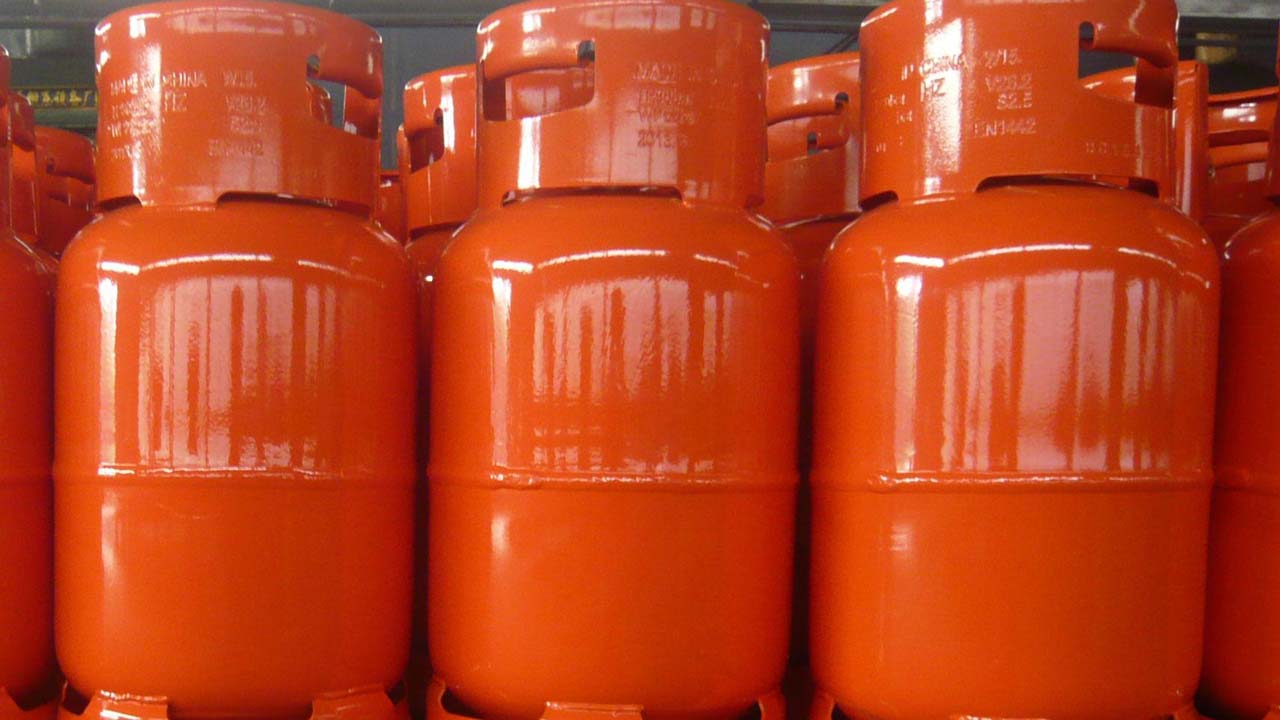Excellency, ladies and gentlemen,
Good afternoon and welcome to this 15th High-level Meeting of the EU-OPEC Energy Dialogue.
It is a great pleasure to be able to meet in-person after many months of being restricted to discussing important matters via cyberspace and through computer screens.
It is hard to believe that the last in-person meeting we held with the European Union was in November of 2018 at the EU headquarters in Brussels.
Although I must commend us all for adapting well to the “new normal” brought on by the pandemic.
It is thus that I would like to warmly welcome our esteemed colleagues from the European Union back to the OPEC Secretariat here in Vienna for the 15th iteration of this important initiative.
Allow me to recognize Her Excellency, Kadri Simson, Commissioner for Energy from the European Commission. I commend you, Commissioner, for your very able leadership in helping the Commission successfully navigate some of our industry’s toughest times in recent history.
Our bilateral meeting on March 16th was a perfect example of the increasingly open and transparent nature of the EU-OPEC relationship. This dialogue platform enables us to share insights and outlooks in times of stability, but, even more importantly, during times of crisis.
The last high-level meeting of this energy dialogue was held online in October of 2020, when we were still in the thick of the global pandemic.
Although the world has now adapted itself to living with a pandemic, we would be fooling ourselves if we said it was a problem of the past. Let us not forget the human scale of this tragedy, which has taken the innocent lives of more than 6 million people worldwide. At its peak, we saw the global economy suffer and oil demand grind to halt as lockdowns spread around the world. More recently, after breathing a collective sigh of relief with declining cases, we have witnessed yet another resurgence of cases in Asia, as well as in certain parts of Europe, including right here in Austria. Many of these new cases involve a new variant, the so-called BA.2 variant, which is known to be highly contagious. This situation shows us that we simply must not let our guard down and not underestimate the potential of this pandemic to rear its ugly head once again.
On top of these lingering effects of the pandemic, the world continues to come to grips with the war in Ukraine, which could have significant consequences on many fronts, including geopolitics, the global economy and even the world order itself. The ramifications for the energy industry are serious, as we are witnessing economic volatility that is elevating the risk premiums for oil and other important commodities that the world counts on each and every day to function. Both Ukraine and the Russian Federation are key exporters of commodities and essential agricultural goods. We could potentially see the loss of more than 7 mb/d of Russian oil and other liquids exports, resulting from current and future sanctions or other voluntary actions.
The last major supply disruption of this magnitude was in 1978 and 1979, when 5.6 mb/d of oil were taken off the market. At that time, spare capacity levels were at 9 mb/d, nearly three times OPEC-10’s current levels, amounting to 3.3 mb/d. Other gross peak supply losses during the last 60 years were within the range of 1.5 to 4.3 mb/d. In 1980-1981, for example, there were losses of 4.1 mb/d, with spare capacity at 12.7 mb/d and in 1990-1991, we witnessed a loss of approximately 4.3 mb/d with spare capacity at 2.5 mb/d.
Therefore, considering the current demand outlook, it would be nearly impossible to replace a loss in volumes of this magnitude.
These crises have compounded to create a highly volatile market. I must point out, however, that these are non-fundamental factors that are out of our control.
What we can do is what we have always done – and that is to continue collaborating with our non-OPEC partners in the Declaration of Cooperation to help support market stability and economic growth through our joint decisions.
Two years ago, we helped rescue an industry in distress during the wake of the pandemic and have helped restore it to balance and growth. And, I am confident we will persevere once more with the current challenges we are facing. However, we will need the concerted efforts of global leaders to employ this stance of multilateralism to help secure a steady flow of energy to the world.
We saw this first-hand in the early days of the pandemic as leading international organizations and institutions came together under the aegis of the G20 Energy Ministers Meeting to endorse efforts to stabilize the energy markets. This high level of cooperation provided pivotal support to the collective efforts undertaken by our Declaration of Cooperation participating countries.
We urge global leaders to follow this example of multilateralism and once again ensure an unhindered, stable and secure flow of energy to the whole world.
OPEC and our non-OPEC partners will continue to remain vigilant in monitoring the daily movements of the oil market, and will continue to meet each month to discuss the latest developments and act where necessary.
Finally, I would also like to briefly address the vital issue of the energy trilemma. The third installment of the IPCC Six Assessment Report (AR6) was just released one week ago. In the context of the current market dynamics, we are reminded that if the energy transition is to take place, we will need to have stable energy markets and security of supply. And this cannot be achieved without adequate industry investment to help us meet future demand while also investing in innovative and sustainable solutions. Thus, we continue to advocate for a balanced approach that seeks to reduce greenhouse gas emissions while ensuring energy affordability and security.
We thus call on the European Union to rise to this historic challenge in promoting a realistic approach to the energy transition within the context of the current major challenges we are now facing. It would be in the interest of all parties if the European Union would engage with the host countries of the upcoming COP Meetings in Egypt (COP27) and the United Arab Emirates (COP28) during the lead-up to these pivotal gatherings to help reshape the climate conversation as one based on equity, common-but-differentiated responsibilities and national circumstances. We want to make sure that all voices are heard and that no one is left behind.
Excellency, today, the OPEC Secretariat will provide presentations on the short to long-term outlooks for the oil market. Likewise, we look forward to hearing from our EU colleagues about the progress being made on some innovative initiatives you have been working on.
Many of these issues were discussed in detail at the 4th Technical Meeting of the EU-OPEC Energy Dialogue, which took place last Wednesday. This meeting was very productive and served as a perfect tie-in to today’s deliberations.
Excellency, ladies and gentlemen,
During the last few years, and indeed throughout the history of the oil industry, we have come to understand that there are cycles that repeat themselves over and over again. There are times of tranquillity and progress but also times of turbulence and stagnancy.
However, we have witnessed first-hand with the Declaration of Cooperation what we can achieve in the face of adversity through multilateral energy cooperation and a unified purpose.
In our discussions today, let us seek to further build upon the solid foundation we have constructed together with our EU partners through 15 dialogue events.
The late Kofi Annan, former UN Secretary General and Nobel Peace Prize winner in 2001, spoke eloquently about the importance of multilateralism as a means to addressing the world’s many challenges.
In this instance, his words were short and simple, yet impactful. He said, and I quote:
“Cooperation is no longer a choice but a clear imperative”
Let us be inspired by these insightful words as we conduct our deliberations today.
With that, I would now like to turn the floor over to Her Excellency, Commissioner Kadri Simson who will provide some opening remarks for us.
Thank you.
Mohammad Sanusi Barkindo
OPEC Secretary General









